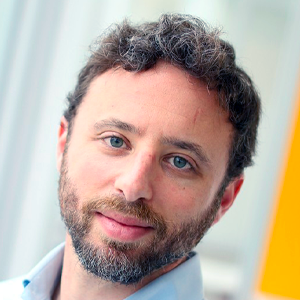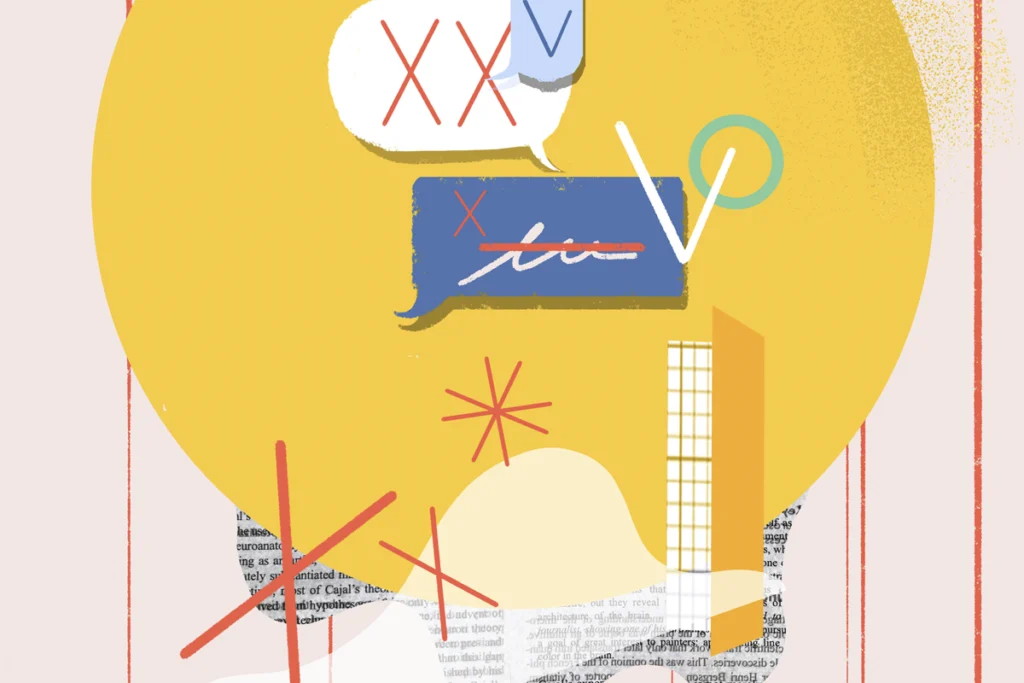David Barack is a philosopher and neuroscientist who studies the neural circuits of foraging behavior and the conceptual foundations of cognitive neuroscience. He is a postdoctoral researcher at the University of Pennsylvania. After earning his B.A. in consciousness studies at Pitzer College, he received his M.A. in philosophy from the University of Wisconsin-Milwaukee and his Ph.D. in philosophy from Duke University, where he also received a certificate in cognitive neuroscience. He is currently writing a book on the neurodynamical foundations of mind.

David Barack
Research associate in neuroscience and philosophy
University of Pennsylvania
From this contributor
Must a theory be falsifiable to contribute to good science?
Four researchers debate the role that non-testable theories play in neuroscience.

Must a theory be falsifiable to contribute to good science?
Explore more from The Transmitter
Lack of reviewers threatens robustness of neuroscience literature
Simple math suggests that small groups of scientists can significantly bias peer review.

Lack of reviewers threatens robustness of neuroscience literature
Simple math suggests that small groups of scientists can significantly bias peer review.
Dendrites help neuroscientists see the forest for the trees
Dendritic arbors provide just the right scale to study how individual neurons reciprocally interact with their broader circuitry—and are our best bet to bridge cellular and systems neuroscience.

Dendrites help neuroscientists see the forest for the trees
Dendritic arbors provide just the right scale to study how individual neurons reciprocally interact with their broader circuitry—and are our best bet to bridge cellular and systems neuroscience.
Two primate centers drop ‘primate’ from their name
The Washington and Tulane National Biomedical Research Centers—formerly called National Primate Research Centers—say they made the change to better reflect the breadth of research performed at the centers.

Two primate centers drop ‘primate’ from their name
The Washington and Tulane National Biomedical Research Centers—formerly called National Primate Research Centers—say they made the change to better reflect the breadth of research performed at the centers.